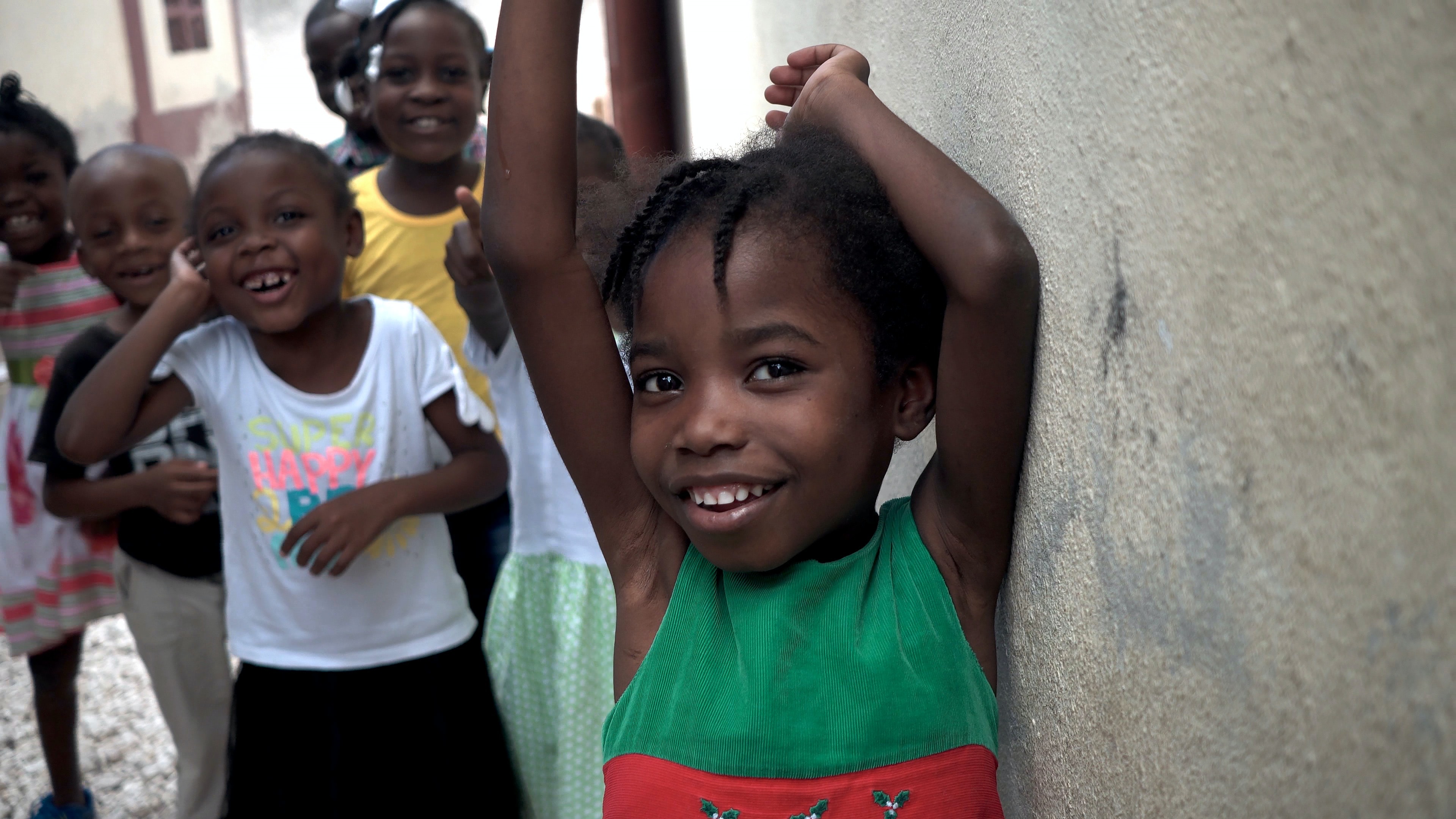By Diana Schulin
 Uganda is well known for its comprehensive and timely response to HIV/AIDS in the 1990s; however, the epidemic continues to have a critical impact on the health and well-being of the population -personally, socially, and economically. As reported by UNAIDS in 2008, there are an estimated 940,000 people living with HIV in Uganda and 1.2 million children who have been orphaned by AIDS.
Uganda is well known for its comprehensive and timely response to HIV/AIDS in the 1990s; however, the epidemic continues to have a critical impact on the health and well-being of the population -personally, socially, and economically. As reported by UNAIDS in 2008, there are an estimated 940,000 people living with HIV in Uganda and 1.2 million children who have been orphaned by AIDS.
A new initiative to help improve health outcomes in the region is underway, in a multi-tiered program facilitated by the Johns Hopkins Center for Global Health (CGH). According to CGH associate director and School of Nursing associate professor Nancy Glass, PhD, MPH, RN, Uganda is also dealing with a number of major health concerns for its citizens, “ranging from other sexually transmitted diseases, malaria, and tuberculosis, to chronic diseases such as diabetes, obesity, and heart disease. And to compound the problems, the country is still recovering from many years of conflict in its northern region.”
Glass is part of the leadership team for a two-year learning program in which Johns Hopkins faculty from the schools of medicine, nursing, and public health will partner with colleagues from the Makerere University College of Health Sciences (MU CHS). The project is funded by a $4.97 million grant from the Bill & Melinda Gates Foundation and is led by David Peters, MD, DrPH, an associate professor in the Department of International Health at the Johns Hopkins Bloomberg School of Public Health, and George Pariyo, MBChB, PhD, head of the Department of Health Policy, Planning, and Management at the Makerere University School of Public Health.
The overall goals of this far-reaching initiative include aligning education and research at MU with Ugandan national health goals; developing strategies for CHS and its partners to use teaching, research, and policy to improve the health of the population; and identifying strategies to ensure the long-term sustainability of CHS to address the nation’s health priorities. “The need to build a stronger connection with community health programs is a driver behind these initiatives,” says Glass.
The project also includes developing a 10-year strategic plan for the College of Health Sciences and conducting pilot collaborative research studies. Hopkins advisors will guide faculty development in the Makerere University Department of Nursing, which currently resides within the College of Health Sciences, with a long-term goal of developing a separate School of Nursing. “I see this as an opportunity for collaborating in a number of ways with Makerere, including clinical training for Hopkins students, research collaborations, and continuing faculty education,” says Glass.
Dean Martha N. Hill, PhD, RN, FAAN, who serves on the steering committee for the overall program, believes the multi-tiered approach will effect positive change in health outcomes. “In Uganda, as in the U.S., nurses are often the first health care providers to see patients and the only providers in many settings most or all of the time,” says Hill. “The investment in improving nursing education in this program is critical to successful health care outcomes.”
 Global Service Learning: Guatemala
Global Service Learning: Guatemala Outsized Influence
Outsized Influence Bloomberg Distinguished Professor Brings Expertise on Disparities and Childhood Obesity
Bloomberg Distinguished Professor Brings Expertise on Disparities and Childhood Obesity From Baltimore to Vellore, India: Global Support for Nurses Struggling with COVID-Related Mental Health
From Baltimore to Vellore, India: Global Support for Nurses Struggling with COVID-Related Mental Health 7 Steps to Ensure Quality Global Health Missions
7 Steps to Ensure Quality Global Health Missions






